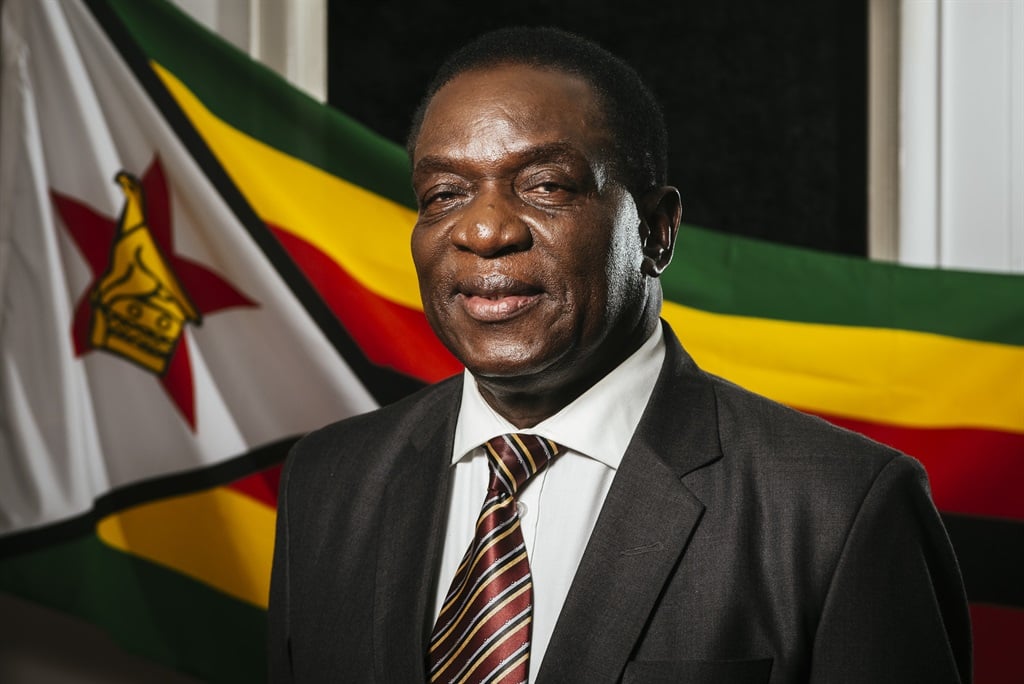
International election observer missions have released preliminary findings revealing that the 2018 Zimbabwean elections were held under a vastly improved political and security environment conducive for free and fair democratic elections.
These revelations come as opposition parties accused the ruling Zanu-PF of trying to steal the presidential and parliamentary election.
The preliminary findings were released during a media briefing held on Wednesday by international observer missions who have been monitoring the climate leading up to and during the July 30 election.
Southern African Development Community observer mission head and Angolan minister of external relations, Manuel Domingos Augusto, said a SADC elections advisory council was deployed to Zimbabwe as early as March this year.
“The council’s mandate was to access whether the political and security environment was conducive for the holding of democratic elections as well as gauge the state of preparedness of the Zimbabwe Election Commission (ZEC),” said Augusto.
The observer mission head said it was significant to note that there had been a “remarkable transformation in the exercise and protection of civil and political rights in Zimbabwe compared with the 2008 presidential run-off.”
The first vast improvement, according to August, was the welcoming in of foreign observer missions which had been banned under former president Robert Mugabe’s latter years in power.
This invitation of formerly banned election observer missions had, according to Augusto, demonstrated “transparency and confidence building in Zimbabwe’s electoral process”.
Legal framework
Zimbabwe’s legal and constitutional framework ensured that “key principles for conducting democratic elections such as upholding the right for all political parties to campaign freely and for people to practice their right to cast their votes have been realised,” said Augusto.
The African Union Election Observation Mission to Zimbabwe led by Hailemariam Desalegn Boshe, former prime minister of Ethiopia also commended the improved legal framework under which the elections were held.
“Zimbabwe’s 2018 elections were conducted under an improved legal framework consisting of the 2013 constitution, The Electoral Act, other acts and legislation, rules and regulations promulgated by Zimbabwe Electoral Commission (ZEC),” said Boshe.
Some of the improvements noted in the legal framework included:
• The new 2013 Constitution which provides a comprehensive framework to govern the elections;
• The new Electoral Act and various regulations supplemented and streamlined electoral dispute resolution by establishing the Electoral Court with exclusive jurisdiction to hear electoral appeals, applications and petitions;
• The creation of multiparty liaison committees to enforce the code of conduct and assist the ZEC to manage interparty conflict.
The two elections observer missions, however, noted that there were complaints that had been logged by opposition parties particularly with regards to the constitution of the ZEC executive, the delay in circulating the voters roll, the layout of the ballot paper as well as alleged abuse of female candidates.
Augusto said there was merit to some of the complaints, but on inspection the observer missions had not found any foul play.
According to the SADC elections observer mission head, the constitution of the ZEC executive was above board. President Emmerson Mnangagwa consulted with all the relevant stakeholders prior to the appointment of the ZEC chairperson Priscilla Chigumba and all the members of the ZEC.
Augusto added that the mission had found the conduct of the police – who have in previous elections been accused of intimidation – to have been very professional.
“Most of the issues raised and complaints logged may have been due to residual historic mistrust towards state institutions that have previously undermined public views in support of the ruling party,” said Augusto.
On Election Day the SADC election observer mission monitored 178 polling stations across Zimbabwe, 52 of which were polling stations in the rural areas.
“The environment was generally peaceful with very few voters being turned back. In instances where voters were turned back, it was either due to them being in the wrong polling station or because they did not have any form of identification in their possession.
“Most of the polling station where also locating in places easily accessible to people with disability,” said Augusto.
The observer missions said the country needed to strengthen its legal framework to incorporate outstanding election law to the new constitution.




 Publications
Publications
 Partners
Partners








